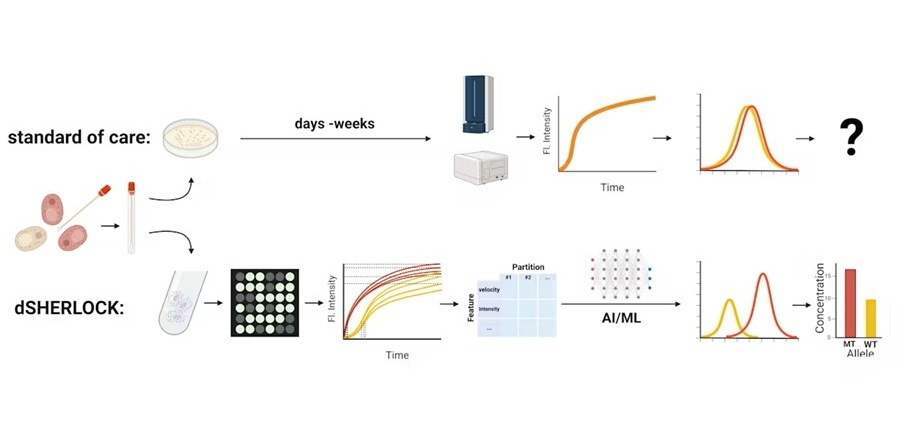Molecular Markers Predict Disease Severity for RSV Infections
By LabMedica International staff writers
Posted on 26 Nov 2013
Profound systemic dysregulation of the immune response induced by respiratory syncytial virus (RSV) infection in young children indicates that molecular markers might be able to predict disease severity.Posted on 26 Nov 2013
RSV is the leading cause of viral lower respiratory tract infection (LRTI) and hospitalization in infants and because of the incomplete understanding of the disease pathogenesis, there is no licensed vaccine, and treatment remains symptomatic.

Image: Beadstation 500 beadarray reader system (Photo courtesy of Illumina).
Scientists at the Nationwide Children's Hospital (Columbus, OH, USA) and their colleagues examined the global gene expression patterns in blood samples from four different cohorts of children who were hospitalized with lower respiratory tract infections. Whole blood ribonucleic acid (RNA) was processed and hybridized into Human WG-6 v3 or Human HT-12 v4 beadchips and scanned on the Beadstation 500 system (Illumina; San Diego, CA, USA).
They found that children who are ill with RSV infections have a characteristic gene expression pattern that is different, not only from healthy children but also from children infected with either influenza virus or human rhinovirus, two other common causes of lower respiratory tract disease. This pattern, which the scientists called the RSV biosignature, could reliably identify children with RSV infections in different settings. From it, they derived a genomic severity score that correlated with clinical indices of disease severity, with length of hospitalization, and the need for supplemental oxygen.
The RSV biosignature also provided insights into the status of the immune system in the sick children. RSV infection was associated with elevated levels of some inflammation genes as well as suppression of nonspecific immune system genes and reduced expression of specific B and T cell genes. This was particularly evident in infants under six months of age.
The authors concluded that blood RNA profiles of infants with RSV lower respiratory tract infections allow specific diagnosis, better understanding of disease pathogenesis, and assessment of disease severity, and they add, their study opens new avenues for biomarker discovery and identification of potential therapeutic or preventive targets. The study was published on November 12, 2013, in the journal Public Library of Science Medicine.
Related Links:
Nationwide Children's Hospital
Illumina













